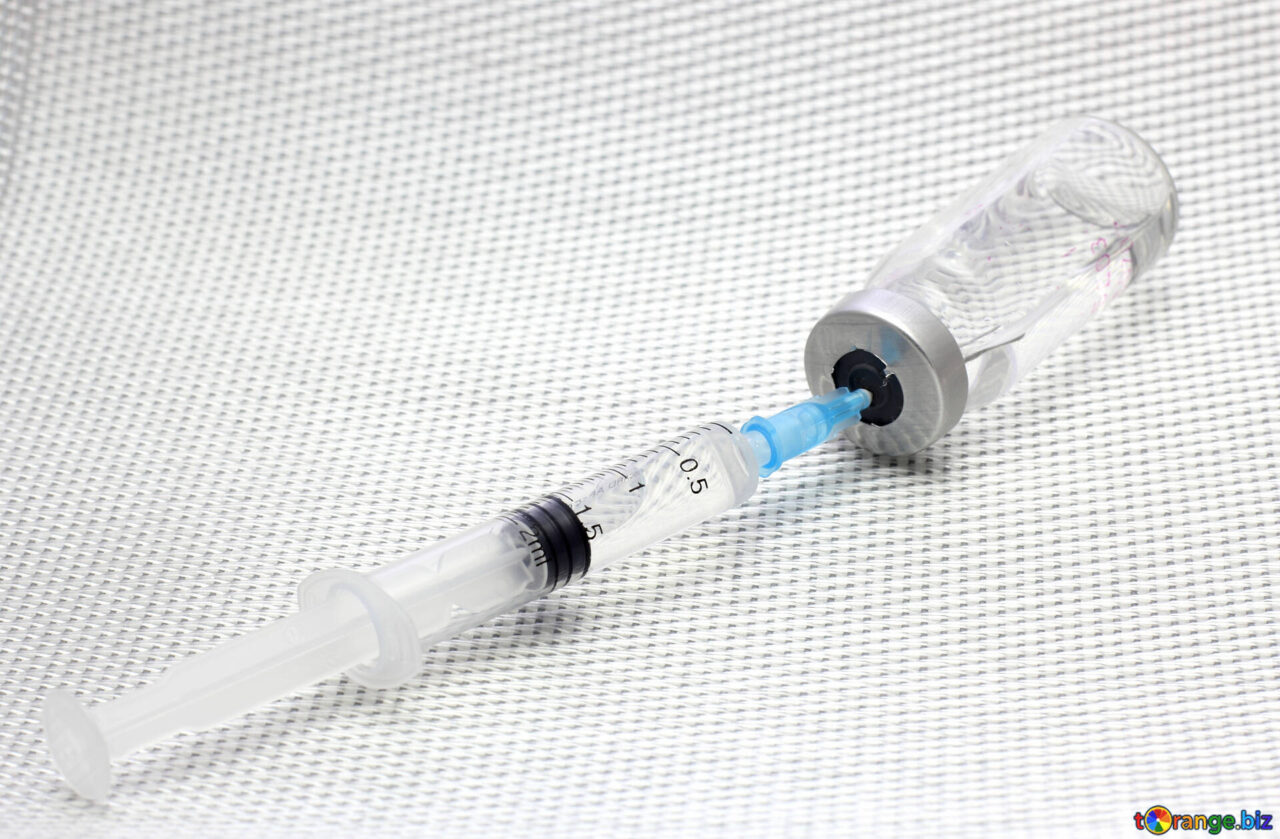AstraZeneca plc (LON:AZN) has closed a global development and commercialisation agreement with Ionis Pharmaceuticals, Inc. (Ionis) for eplontersen, formerly known as IONIS-TTR-LRX.
The companies will jointly develop and commercialise eplontersen in the US, while AstraZeneca will develop and commercialise it in the rest of the world, except in Latin America.
Financial considerations
Under the terms of the agreement, the upfront payment from AstraZeneca to Ionis is $200m. AstraZeneca will make additional conditional payments of up to $485m following regulatory approvals. It will also pay up to $2.9bn of sales-related milestones based on sales thresholds between $500m and $6bn, plus royalties in the range of low double-digit to mid-twenties percentage depending on the region. The collaboration includes territory-specific development, commercial and medical affairs cost-sharing provisions.
The transaction will be funded with cash and is expected to be neutral to Core earnings in 2021. It will be accounted for as an intangible asset acquisition, recognised initially at the upfront amount, with any potential future milestone payments capitalised into the intangible asset as they are recognised.
Ionis will continue to manufacture and supply eplontersen for the existing clinical studies and process qualification. AstraZeneca will be responsible for commercial supply, with transition timing to be agreed by both parties. AstraZeneca will book all sales generated under the agreement.
The transaction does not impact AstraZeneca’s financial guidance for 2021.
Notes
Eplontersen
Eplontersen is a ligand-conjugated antisense (LICA) investigational medicine designed to reduce the production of transthyretin, or TTR protein, to treat all types of TTR amyloidosis (ATTR), a systemic, progressive and fatal disease.
TTR Amyloidosis (ATTR)
Cardiomyopathy and polyneuropathy due to ATTR are caused by aging or genetic mutations resulting in misfolded TTR protein and accumulation as amyloid fibrils in the cardiac myocardium and peripheral nerves, respectively. In patients with ATTR, both the mutant and wild type TTR protein builds up as fibrils in tissues, such as the peripheral nerves, heart, gastrointestinal system, eyes, kidneys, central nervous system, thyroid and bone marrow. The presence of TTR fibrils interferes with the normal functions of these tissues. As the TTR protein fibrils enlarge, more tissue damage occurs and the disease worsens, resulting in poor quality of life and eventually death. Worldwide, there are an estimated 300,000 – 500,000 patients with amyloid transthyretin cardiomyopathy (ATTR-CM)1,2 and 10,000 – 40,000 patients with amyloid transthyretin polyneuropathy (ATTR-PN).3
References
1. Mohamed-Salem L, et al. Prevalence of wild type ATTR assessed as myocardial uptake in bone scan in the elderly population. Int J Cardiol. 2018 Nov 1;270:192-196. doi: 10.1016/j.ijcard.2018.06.006.
2. Cuscaden C, et al. Estimation of prevalence of transthyretin (ATTR) cardiac amyloidosis in an Australian subpopulation using bone scans with echocardiography and clinical correlation. J Nucl Cardiol. 2020 May 8. doi: 10.1007/s12350-020-02152-x.
3. González-Duarte A, et al. Impact of non-cardiac clinicopathologic characteristics on survival in transthyretin amyloid polyneuropathy. Neurol Ther. 2020;9(1):135-149. doi:10.1007/s40120-020-00183-7.








































